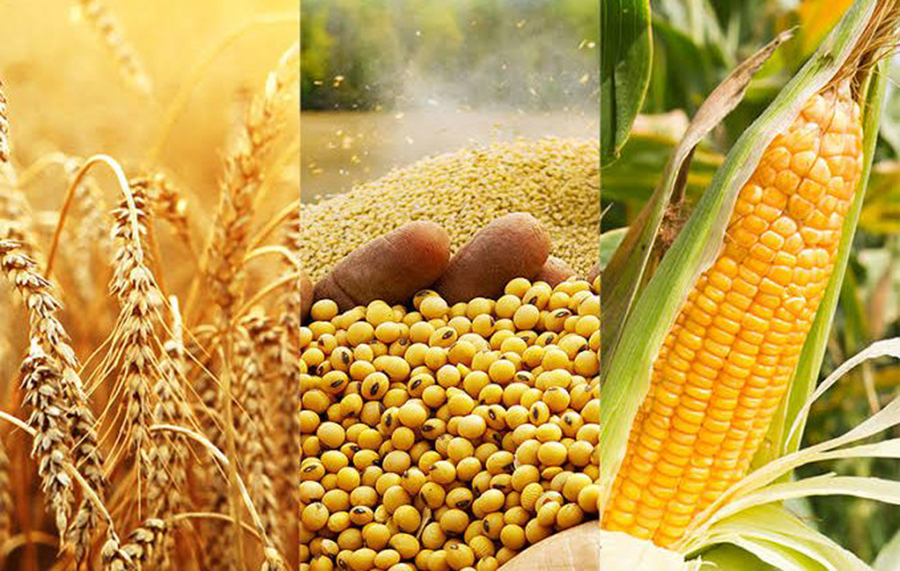The Federal Government has inaugurated and sworn in 10 new executives for all commodity associations under the aegis of the Federation of Agricultural Commodity Associations of Nigeria (FACAN).
The executives were sworn in by Dr Evelyn Ngige, the Permanent Secretary, Federal Ministry of Industry, Trade and Investment.
They would oversee the activities of all other commodity associations, and the export of agricultural commodities from the country.
What the Ministry is saying
Dr. Ngige stated that Nigeria needs to start looking into the agricultural sector as a new source of income.
She said, “As we can see the global crude oil business is dwindling, and the global direction is moving away from enforcing fuel in doing things.
“Crude oil is Nigeria’s main commodity in generating foreign exchange so we have to look for other means. It has been observed that agriculture is the only way to go if we want to make it in Nigeria.
“The African continental free trade agreement is a very huge opportunity for Nigeria to make it,
“We will go on a right path towards ensuring that the products will become sought for throughout Africa and there will be free buying and selling all over Africa.”
The President of FACAN, Dr Victor Iyama said that the inauguration was critical for the development of Nigeria’s agriculture commodities sector.
“The significance of today’s event is to see how we can develop agricultural commodities associations in Nigeria, so that the country will be able to earn more foreign exchange,
“These commodity association executives put in place would be able to increase value addition for our commodities that are for export and local consumption,” he said.
Meanwhile, Mr Babatunde Edu, President, National Association of Charcoal Producers, Dealers, Exporters appealed to the government to lift the ban that was placed on charcoal exportation as it has affected businesses in Nigeria.
“We have several investment losses and there are many international buyers that have given Nigerian exporters money for charcoal.
“But today all those investments are trapped in the country and this has sent a wrong signal to the international world about Nigeria.
“Also the ban has affected citizens because the cost of charcoal before a bag was N1,600 but today it’s about N4,000 due to the low production,” Babatunde said.
In case you missed it
Recall Nairametrics reported In October that the Nigeria Commodity Exchange (NCX) and the Bauchi State Government were in talks to begin to dispose of farm yields through the exchange. The NCX added that listing of farm products from the state would enable investors and customers to have access to millions of agro- commodities produced in the state.








I am graduate and a farmer